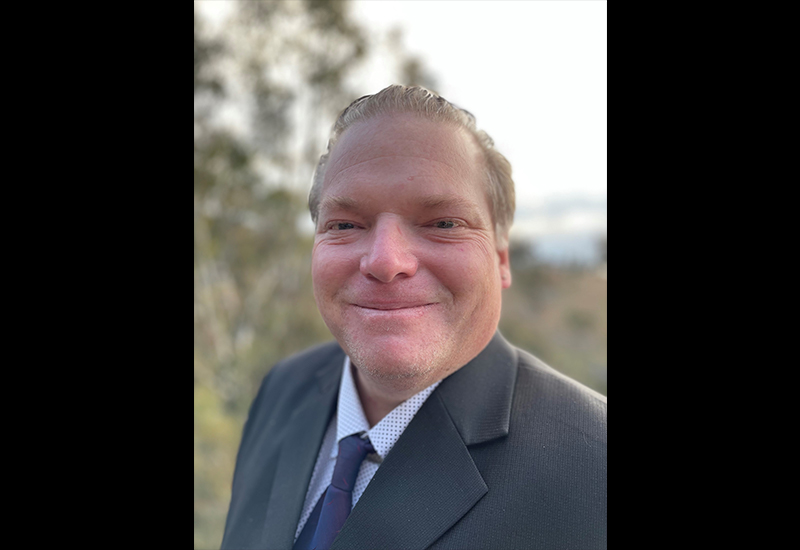By Paul Anderson
David Seale of the Commonwealth Department of Education was the guest presenter at a sold-out online presentation hosted by EdNSW on 4 October 2022.
Dave is the Acting Assistant Secretary for the department’s communication branch. He began his career in the Australian Public Service (APS) in 2005 and has worked in many of its agencies – so he was being modest when describing himself as a “workman-like editor” in his introduction.
Dave’s presentation was an enlightening and entertaining after-dinner-style talk, replete with unabashed pedantry and funny outtakes from the life of a seasoned public service editor and media and communications practitioner. I will not attempt to retell, and no doubt mangle, his anecdotes here; instead, I invite you to watch and enjoy the recording firsthand.
Dave explained how editing works in-house at the APS and where agencies are most likely to engage external editors. He shared some war stories – diplomatically, of course – about how well public servants follow the Australian Government Style manual. Sometimes ministerial style preferences take precedence. Above all else, he said: “There’s no quicker way to lose someone’s confidence than poorly edited work. Error-free [communication] makes people think that these people must know what they’re on about; they are professional.”
Dave explained the process for external editors who are looking for work with the APS and gave aspirants some tips.
“When you get an editing job with an APS agency, it’s a good move to very quickly go to questions of style and expectations,” he said. The Australian Government Style manual is “overwhelmingly” the go-to across the APS because of the benefits of consistent style and language to users of government content. But it does not cover everything and individual agencies will have their own internal style guides and templates for subject matter that is not covered by the Style manual.
As an external editor working for the APS, you should:
- Make sure you are clear on which application of the Style Manual to use because there is different guidance for reviewing materials that are formal in nature, or web copy, or media style. The digital version has some significant and generally (within the APS) not yet uniformly implemented changes, such as using numerals for 2 and above in text.
- Ask whether the agency has its own internal style manual and whether there are items in it that contradict the Style manual. Some agencies also have a glossary of acronyms and initialisms. Look at annual reports and corporate plans that the agency has produced for precedents.
- Clarify how much latitude (if any) you have to rewrite copy: some agencies might just want a proofread and no other changes.
Creative and Digital Communication Panel
The Australian Government has set up panels to simplify the purchase of some goods and services by government entities. These panels are managed by various government departments and accessible via AusTender or the DTA’s Buy ICT portal. There are numerous panel arrangements in place depending on the service requirements. The one containing editorial services is known as the Creative and Digital Communication Panel under the AusTender Dynamic Sourcing for Panels (DS4P). The DS4P allows government buyers to approach business sellers listed within the panel directly to obtain quotes for their service requirements. You can email cooperative.procurement@servicesaustralia.gov.au to find out more.
A recording of the presentation is available to purchase via the IPEd events page (or free if you paid to attend).

